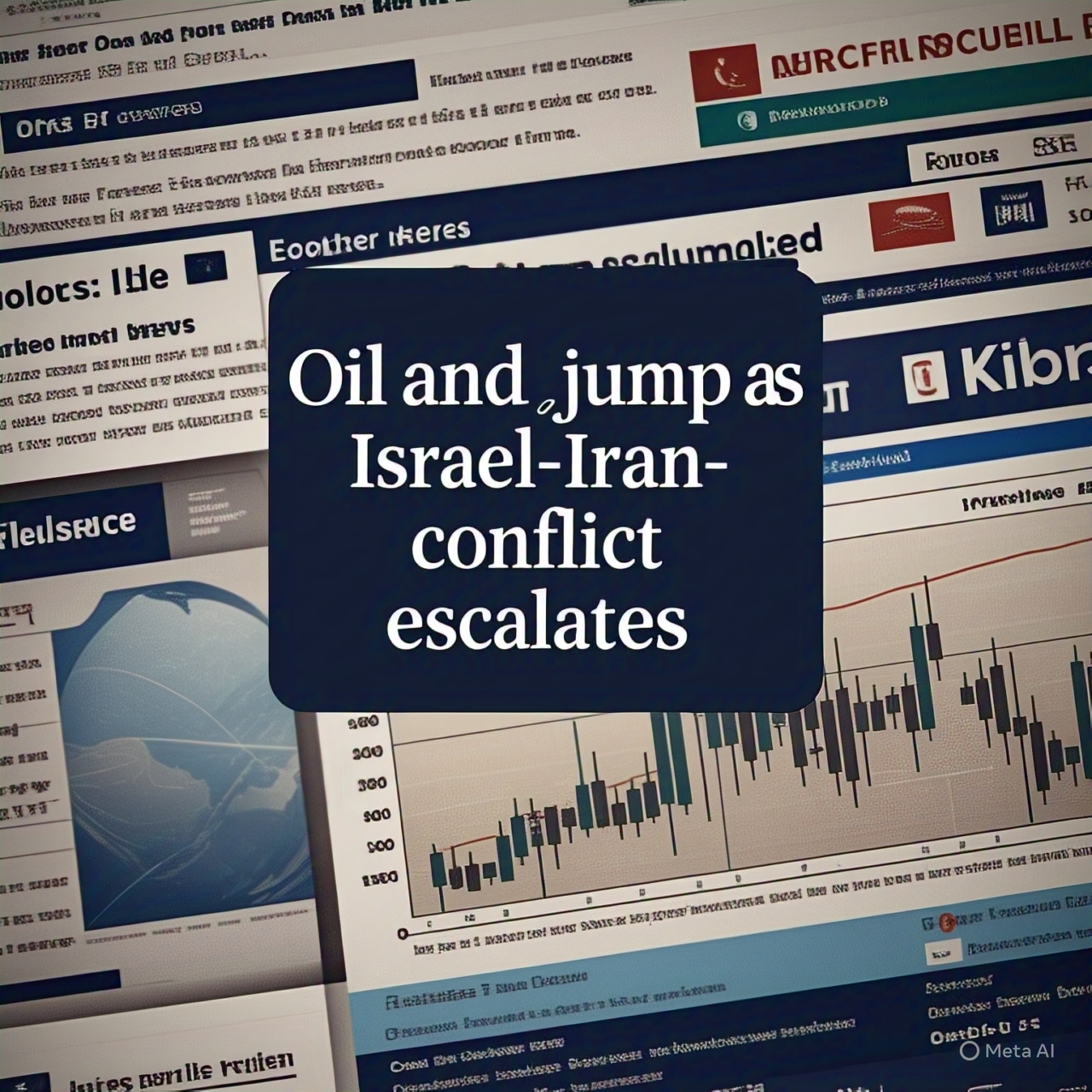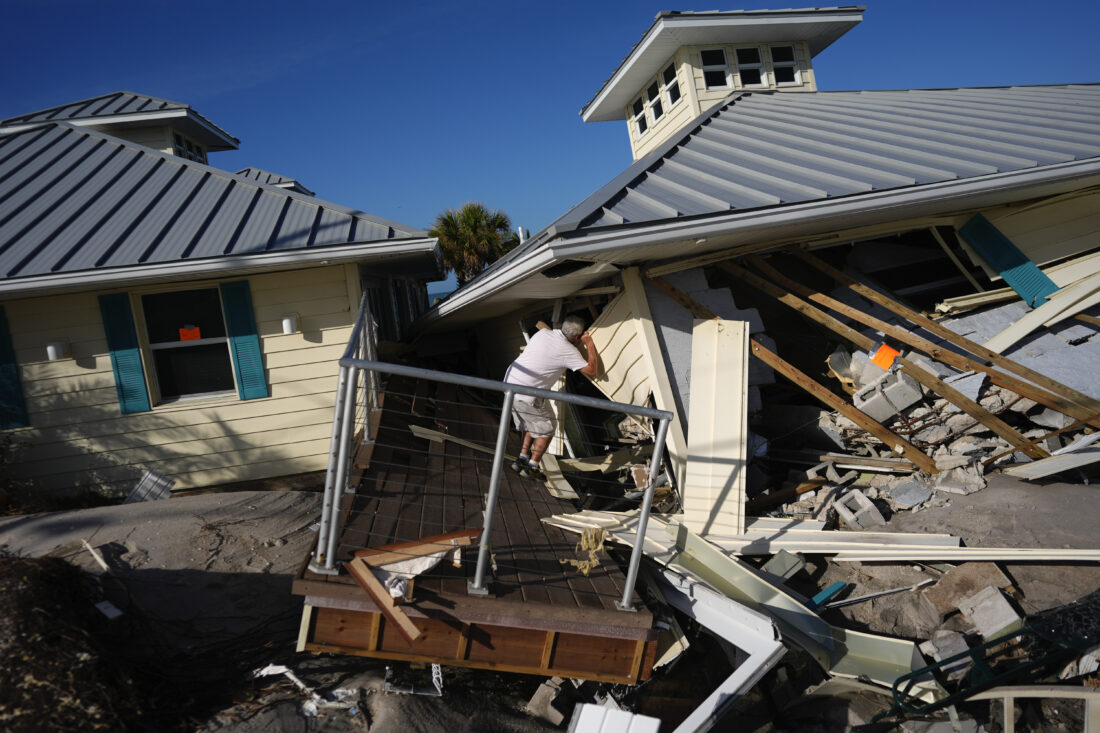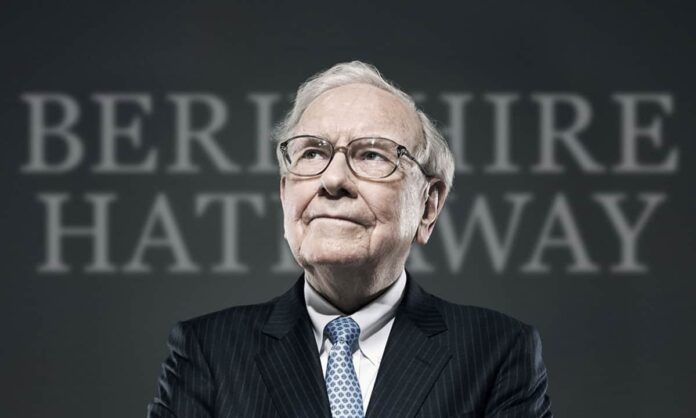Oil and gold prices surged as the Israel-Iran conflict intensified, with Brent crude rising 1.3% to $75/barrel and gold hitting a two-month high at $3,433/oz. Metro Bank’s shares jumped 13% following news of a possible takeover, while bidding competition grew around Spectris, reflecting heightened investor activity in U.K. markets amid geopolitical tensions
🧭 Executive Summary
As geopolitical tensions flared between Israel and Iran, global financial markets, particularly in the United Kingdom, responded sharply. Oil and gold prices surged, UK stock indices exhibited volatility, and energy-linked assets became the focal point of both speculative gains and inflationary concerns. The conflict, which intensified over the past 72 hours with drone strikes and targeted refinery attacks, sent shockwaves across commodity markets. Meanwhile, the U.K. financial sector responded with resilience in some areas and caution in others, as policymakers warned of inflationary aftershocks and energy supply volatility.
━━━━━━━━━━━━━━━━━━━━━
⛽ Oil Markets React: Prices Surge
━━━━━━━━━━━━━━━━━━━━━
The most immediate and profound economic impact of the Israel-Iran military escalation has been on oil. Brent Crude prices jumped nearly 13% over the weekend, reaching intraday highs of $78.40 per barrel before settling near $74.85 on Monday. The surge marks one of the largest single-weekend percentage gains in over three years.
🔍 Key Drivers:
- Drone Strikes on Refineries: Israel conducted drone strikes on two of Iran’s gas processing plants in Bandar Abbas and Abadan.
- Retaliation by Iran: Iran launched cruise missile attacks on Israel’s Haifa oil refinery and nearby port infrastructure.
- Strait of Hormuz Warnings: Iran’s Revolutionary Guard threatened closure of the Strait, a crucial corridor for 20% of global oil shipments.
📉 U.K. Impact:
- Fuel Costs: Petrol prices rose overnight across major UK cities by 4 to 6 pence per litre, averaging 129.5p for unleaded and 134.2p for diesel.
- Inflation Watch: The British Retail Consortium (BRC) has warned that continued oil surges could contribute an additional 0.4% to the CPI index if sustained for over a month.
- Energy Stocks Surge: BP, Shell, and Harbour Energy shares rallied between 2.4% to 4.1%, lifting the FTSE 100 index by 0.5% during early trading.
━━━━━━━━━━━━━━━━━━━━━
🪙 Gold Prices Soar: Haven Demand
━━━━━━━━━━━━━━━━━━━━━
In times of uncertainty, gold remains a preferred hedge, and current conditions have fueled a surge in demand. On Monday morning, gold reached a 2-month high of $3,433 per ounce, before retracing slightly to $3,412.
📈 Contributing Factors:
- Global Investor Risk-Off Mood: Institutional investors reduced exposure to equities and rotated into precious metals.
- Currency Volatility: The dollar’s fluctuation and pound’s modest weakening added to gold’s attractiveness for UK-based holders.
- ETF Inflows: Gold ETFs reported £240 million in net inflows within 24 hours — a 3-month record.
💬 Analyst Notes:
“We are witnessing a classic geopolitical shock playbook. Crude oil and gold are leading indicators of underlying volatility, and the market is acting accordingly.”
— James R. Franklin, Chief Market Strategist, FT Global Markets
━━━━━━━━━━━━━━━━━━━━━
📊 U.K. Stock Market Trends
━━━━━━━━━━━━━━━━━━━━━
The FTSE 100 posted modest gains, buoyed by energy and defense sector performance. The FTSE 250, however, showed slight contraction, with mid-cap industrial and real estate stocks underperforming due to inflation expectations.
📈 Winners:
- BP: +3.9%
- Shell: +3.5%
- BAE Systems: +2.8%
- Metro Bank: +13.1% (amid takeover speculation)
📉 Losers:
- British Airways (IAG): -2.1%
- Taylor Wimpey (Housing): -1.9%
- JD Sports: -1.4%
Investors continue to hedge against sectors most vulnerable to high oil prices and consumer contraction.
━━━━━━━━━━━━━━━━━━━━━
💷 Monetary and Policy Reactions
━━━━━━━━━━━━━━━━━━━━━
Chancellor Rachel Reeves issued a press statement expressing “measured concern” over commodity price volatility and inflation outlook. The Bank of England (BoE), which had been signalling potential rate reductions in Q3, is now expected to delay such action.
🏦 Likely Fiscal Effects:
- Delayed Rate Cuts: Analysts now expect the BoE to maintain its base rate at 4.75% through October.
- Energy Subsidy Talks: Parliament debates reopening fuel subsidy measures last seen during the 2022 energy crisis.
- Potential Windfall Tax Extension: Growing calls to extend windfall taxes on fossil fuel profits if crude crosses $85/barrel.
━━━━━━━━━━━━━━━━━━━━━
🛢️ Global Energy Watch
━━━━━━━━━━━━━━━━━━━━━
The UK's reaction mirrors a broader international pattern of caution and recalibration.
🔸 U.S. Market:
- WTI crude rose to $72.47, gold neared $3,450/oz, and major defense stocks surged.
- U.S. Fed Chair Jerome Powell stated the Fed is “closely monitoring conflict-driven inflationary pathways.”
🔸 EU Concerns:
- European energy ministers convened an emergency meeting on energy security and refining capacity resilience.
- Italy and Germany flagged early supply concerns due to reliance on Middle Eastern crude transit.
━━━━━━━━━━━━━━━━━━━━━
🧠 Expert Commentary
━━━━━━━━━━━━━━━━━━━━━
Dr. Lydia Barnes, LSE Energy Institute:
“While the oil infrastructure has not been catastrophically disrupted, the psychological market impact of a potential Strait of Hormuz shutdown is enough to reprice risk globally.”
Edwin Marks, HSBC Commodities Desk:
“A $100 barrel isn’t priced in—yet. If the Strait is closed even for 48 hours, expect that number next week.”
Clara Ahmed, Oxford Economics:
“The UK economy is already at a delicate inflection. Sustained oil pressure could undo two quarters of inflation progress.”
━━━━━━━━━━━━━━━━━━━━━
🛒 Consumer Effects and Retail Outlook
━━━━━━━━━━━━━━━━━━━━━
Consumer goods companies warned of cost pass-through in Q3 if logistics costs increase. Key British retailers issued early caution:
- Tesco: Announced “monitoring phase” on shipping contracts.
- ASDA & Morrisons: Considering short-term price buffering via hedging instruments.
- Next & M&S: Expect minor price revisions for fall-winter product launches.
Consumers may see retail inflation uptick in home essentials, logistics-driven goods, and imported foods.
━━━━━━━━━━━━━━━━━━━━━
⚠️ Market Risk Indicators
━━━━━━━━━━━━━━━━━━━━━
- Volatility Index (VIX): Surged 15%
- FTSE Options Volume: Highest since March
- Gold Futures Open Interest: +7.2% in 24 hours
- Gas Storage Contracts (UK/Europe): 3-month forward premiums increased
━━━━━━━━━━━━━━━━━━━━━
🧾 Economic Summary Table
| SectorPerformanceCommentary |
| Oil & Gas | ↑ +13% Brent surge | Conflict impact, supply chain disruption |
| Gold & Safe Havens | ↑ Near 2-month highs | Risk hedge, ETF inflows |
| Retail Sector | ↓ Mild retreat | Consumer inflation fears |
| UK Stocks – Large Cap | ↑ Energy-led gains | BP, Shell, BAE up |
| UK Stocks – Mid Cap | ↓ Construction down | Housing and retail hit |
| Forex (GBP/USD) | ↓ Slight weakening | Dollar safe-haven strength |
| Consumer Prices | ↑ Early petrol hikes | ~5p/l increase across regions |
| Government Bonds | ↓ Slight yield contraction | Risk-off sentiment |
━━━━━━━━━━━━━━━━━━━━━
🔮 Outlook & Forward Watch
🔸 Upcoming Events:
- G7 Summit (June 20–22): Energy and defense expected to dominate discussions.
- BoE Rate Statement (June 27): Market expectations lean toward a pause.
- OPEC+ Meeting (July 2): Potential reassessment of quotas amid rising tensions.
🔸 Investor Focus:
- Monitoring Strait of Hormuz status.
- Watching Iran–U.S. diplomatic backchannel activity.
- Volatility and energy-heavy portfolios rebalancing underway.
━━━━━━━━━━━━━━━━━━━━━
📌 Final Thoughts
The sharp rise in oil and gold reflects the fragility of geopolitical peace in influencing commodity and financial markets. The UK, while buffered by North Sea production and diversified supply lines, is still vulnerable to imported inflation. Analysts, economists, and policymakers alike are preparing for a volatile Q3 unless de-escalation occurs swiftly. Until then, markets are likely to continue their safe-haven trajectory.

















Comments 0